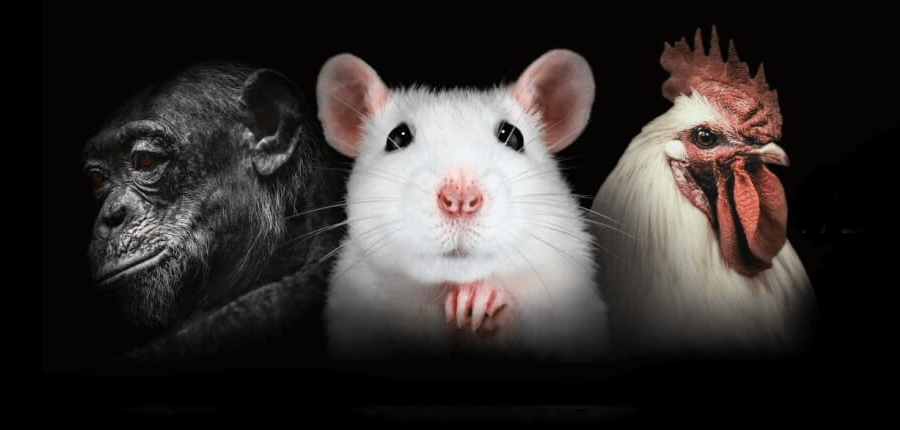Excuse me for stating the obvious, but racists are dumb.
That’s not just my opinion. It’s the conclusion of a provocative study published in the journal Psychological Science. Gordon Hodson, a psychologist at Brock University in Ontario, and his colleagues found that children with low intelligence are more likely to grow up to be racist adults. A previous study examining homophobia showed that people who are less adept at abstract reasoning are more likely to be prejudiced against gays.
All of this got me thinking: Does the link between brains and bias apply to how we view animals too? Are “speciesists”—people who believe that humans are superior to other animals—just not all that bright?
“There may be cognitive limits in the ability to take the perspective of others,” explains Hodson. In other words, the less intelligent you are, the harder it may be for you to put yourself in another’s shoes—and the more likely you are to hold prejudiced beliefs about other groups.
If someone is unmoved by the plight of elephants shackled, beaten and forced to perform in circuses or of animals poisoned and blinded in laboratories, perhaps they similarly lack the ability to consider the animals’ point of view.
The anecdotal evidence linking intelligence and empathy for animals is certainly intriguing. Some of the world’s greatest minds from throughout history—including Pythagoras, Leonardo da Vinci, Mohandas Gandhi and Leo Tolstoy—have been vegetarian.
Albert Einstein, whose diet was primarily plant-based, said, “Besides agreeing with the aims of vegetarianism for aesthetic and moral reasons, it is my view that a vegetarian manner of living by its purely physical effect on the human temperament would most beneficially influence the lot of mankind.”
A few years ago, the BBC reported on a study that linked a high IQ with being vegetarian. More than 8,000 children in the U.K. were given IQ tests in 1970. When researchers followed up with the participants decades later, they found that people who had scored well on the tests were more likely to become vegetarian later in life.
Another study showed that vegans and vegetarians have more empathy—for both animals and people—than meat-eaters do. Researchers in Europe recruited vegan, vegetarian and meat-eating volunteers and placed them into an MRI machine while showing them a series of random pictures. The MRI scans revealed that when observing animal or human suffering, the “empathy-related” areas of the brain are more active among vegetarians and vegans. The researchers also found that there are certain brain areas that only vegans and vegetarians seem to activate when witnessing suffering.
So, could it be that your deer-hunting cousin or that woman at the store with the fur-trimmed jacket is just not smart enough to see that animals feel pain every bit as acutely, love their young every bit as deeply and long for freedom every bit as intensely as we do?
Maybe. But I like to think that such people just haven’t been given the tools they need to make a compassionate choice. As celebrated astrophysicist Dr. Neil deGrasse Tyson says, perhaps “part of our formal education should be training in empathy. Imagine how different the world would be if, in fact, it were ‘reading, writing, arithmetic, empathy.'”





